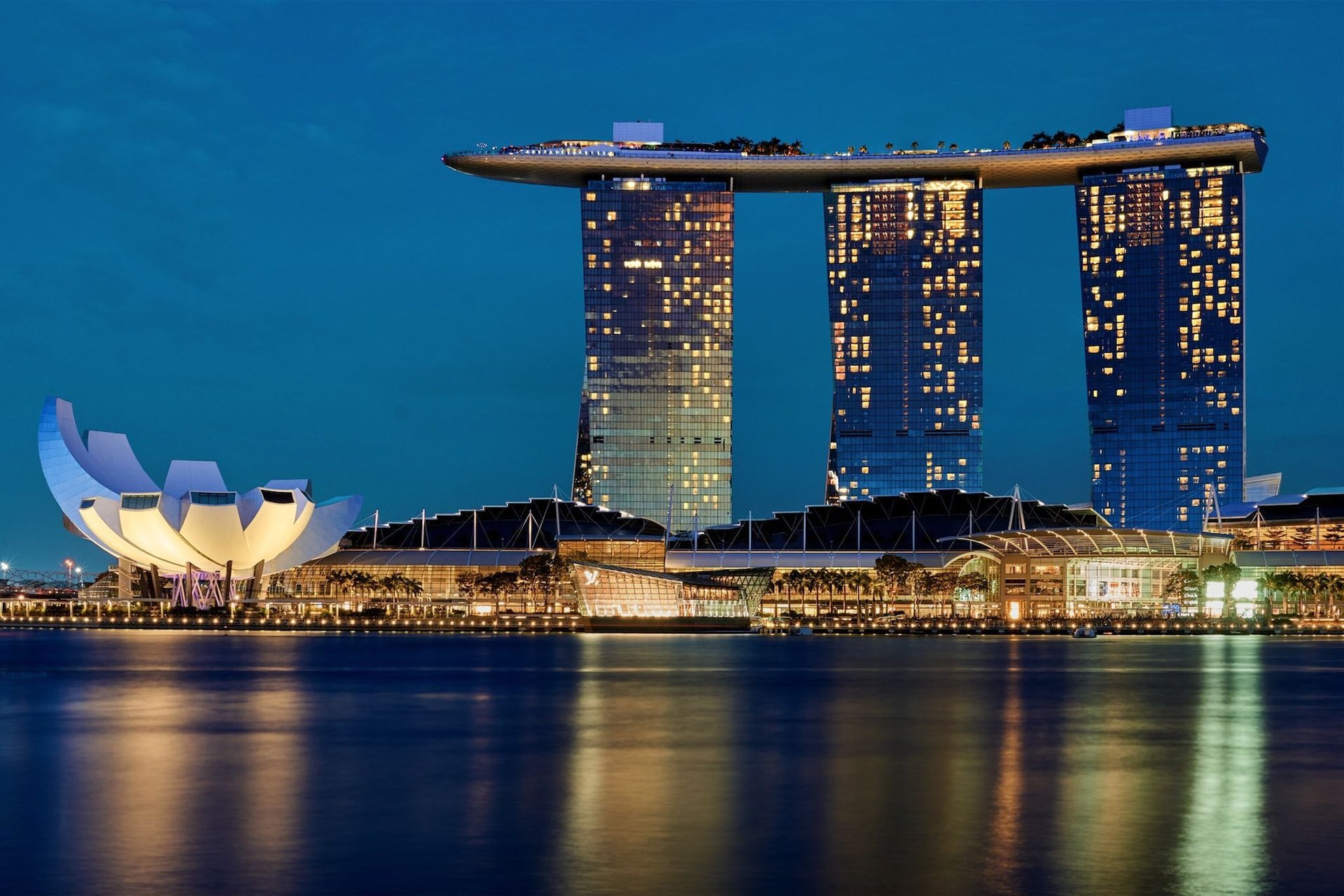Posted on: April 14, 2022, 08:51h.
Last updated on: April 14, 2022, 07:15h.
Marina Bay Sands is going to need some additional time to recover from the COVID-19 pandemic, said at least one analyst. The casino resort is beginning to rebound, but progress may be slow over the next two years.

After a few false starts over the past few months, Singapore appears to be getting back on track. It’s beginning to welcome back its much-needed tourism industry, which will begin to restore the economy.
Marina Bay Sands (MBS), a Las Vegas Sands (LVS) property, has been waiting for this moment and will attempt to make the most of it as it starts to see more traffic. However, recovering from the fallout of the global COVID-19 pandemic won’t be easy.
Vitaly Umansky, an analyst with the Sanford C. Bernstein brokerage, believes MBS will need the next two years to bounce back.
MBS Has a Bright Future
Singapore previously thought it would begin to ease international travel restrictions in September of last year. That failed after COVID-19 reappeared. That was a blow to MBS, as well as Resorts World Sentosa. It forced them to alter their expansion plans as revenue became just a fraction of what it was previously.
Umansky points out that because Singapore is now lifting its international travel restrictions, MBS will soon begin to experience an increase in activity. That will put it on the road to recovery, with operations picking up sometime in the second quarter. They’ll continue to improve going forward and will “accelerate into 2023,” forecasts the analyst.
In March of last year, air traffic dropped to around 18% of where it was before COVID-19. By the end of this year, it will reach 50% of the pre-pandemic level and continue to rise next year.
As a result, MBS will benefit as well. Its EBITDA (earnings before interest, taxes, depreciation and amortization) should reach $1.7 billion by 2024. It could then increase to $1.9 billion within the following 12 months.
The upgrades coming to the property will assist MBS in securing greater growth. LVS is spending $1 billion on new amenities and options. These are in addition to the $3.31-billion package the company agreed to include in order to retain its exclusivity in the region.
That’s a lot of money LVS has committed to the future of MBS. Umansky believes it will pay off but will only offer a “low double-digit percentage return” in the immediate future.
Singapore Economy Looks for Stability
Singapore’s Ministry of Trade and Industry (MTI) reports that the country’s economy grew 3.4% in the first quarter of the year, compared to a year earlier. This is slightly lower than what economists had expected, according to Reuters. They previously forecast a year-on-year improvement of 3.8%.
It’s also less than the growth in the fourth quarter of last year. At that time, with more COVID-19 restrictions in place, the economy added 6.1%.
However, generally speaking, the outlook is favorable. One analyst, economist Alex Holmes with research firm Capital Economics, predicts overall growth of 4% for this year.
The reaction to the return of the Singapore Formula One Grand Prix could serve as a positive indicator of Singapore’s economic growth this year. The race is returning after a two-year break, and within six hours of tickets going on sale yesterday, all grandstand and hospitality packages sold out.
The event, which will take place from Sept. 30 to Oct. 2, will significantly boost the economy. Attendance was 268,000 in 2019, and based on the preliminary results of the ticket sales, will be greater this year.
